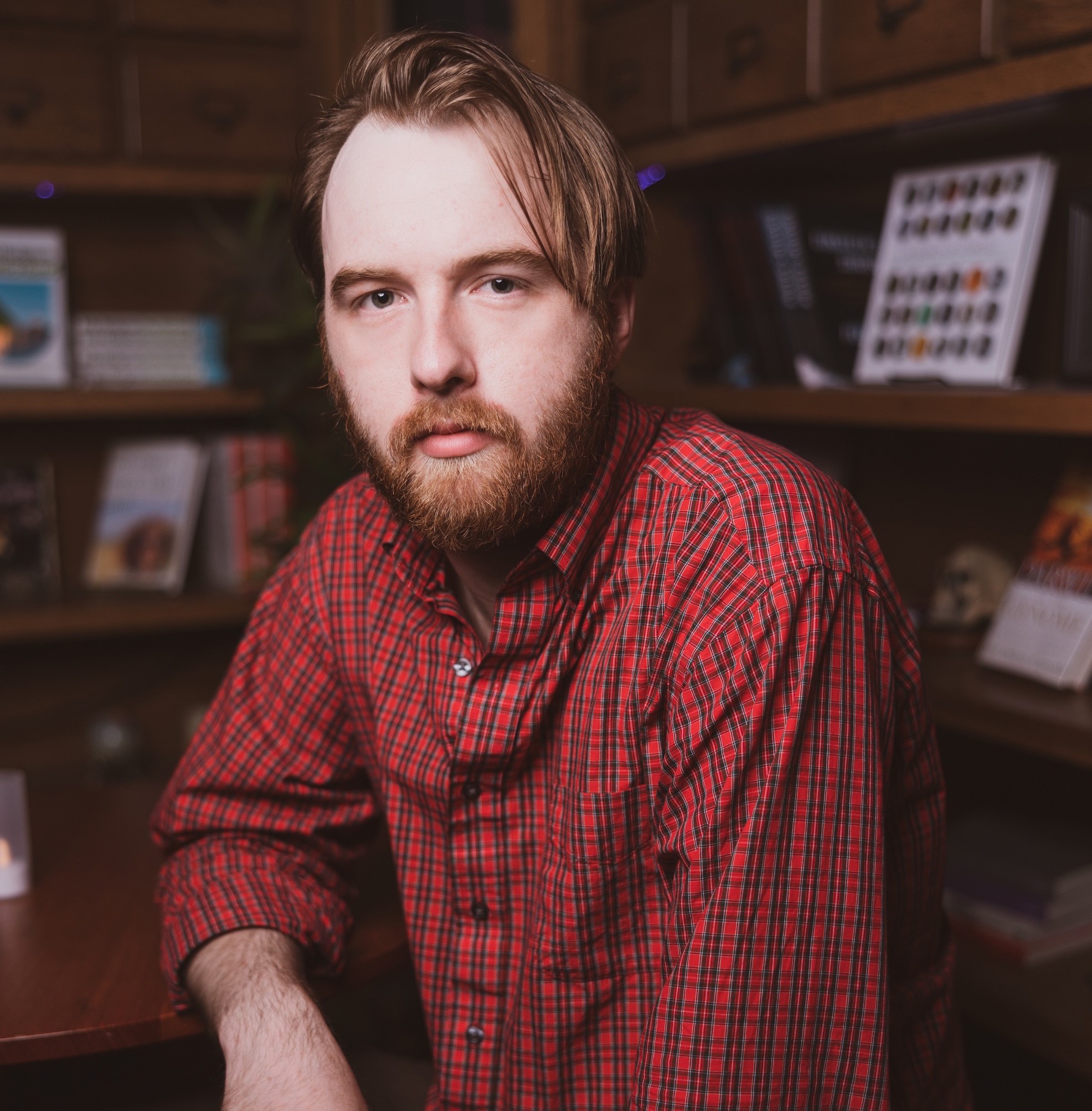Rosen’s Review – Graham Techler is one of Brooklyn’s best young comedic minds.
The writer’s latest play, The Panic of '29, captures the absurdity of the present through the lens of yesteryear.

What does Graham Techler know that we don’t? Apparently quite a lot about the 1920’s. And ’30s. And ’40s. The 28-year-old playwright and master of satire has enjoyed a sold-out run of his latest off-broadway foray – a decade-spanning screwball comedy about community and class struggle that mixes wit with wacky cynicism – and he’s just getting started.
You may have seen his previous work on TV shows like “Fairview” (Comedy Central) and “Tooning Out the News” (Paramount+) or on the stage as part of the (now-defunct) UCB house team “Characters Welcome,” as “The Guy Who Was Already in the Dungeon When You Got There” or “J.R.R. Tolkien freaking out over Hobbit Milk”. His writing is also frequently featured in the New Yorker, with pieces like “Dissertations Written By My Cat, Oscar” and “Some Different Scary Things to Dwell on All Day.”
Techler’s latest play, “The Panic of ‘29,” was in collaboration with the independent theatre company Less Than Rent and debuted at 59E59 Theaters in Manhattan. It’s a risky reimagining of the stock market crash and subsequent fallout, focused around a specific cast of characters, one being the real life figure of former New York Stock Exchange president Richard Whitney. The play benefits from excellent direction on the part of Max Friedman, a stellar cast of comedic players highlighted by Will Turner, Julia Knitel and RJ Vaillancourt, and scintillating music written by Barrett Riggins.

Brooklyn Boro
View MoreNew York City’s most populous borough, Brooklyn, is home to nearly 2.6 million residents. If Brooklyn were an independent city it would be the fourth largest city in the United States. While Brooklyn has become the epitome of ‘cool and hip’ in recent years, for those that were born here, raised families here and improved communities over the years, Brooklyn has never been ‘uncool’.